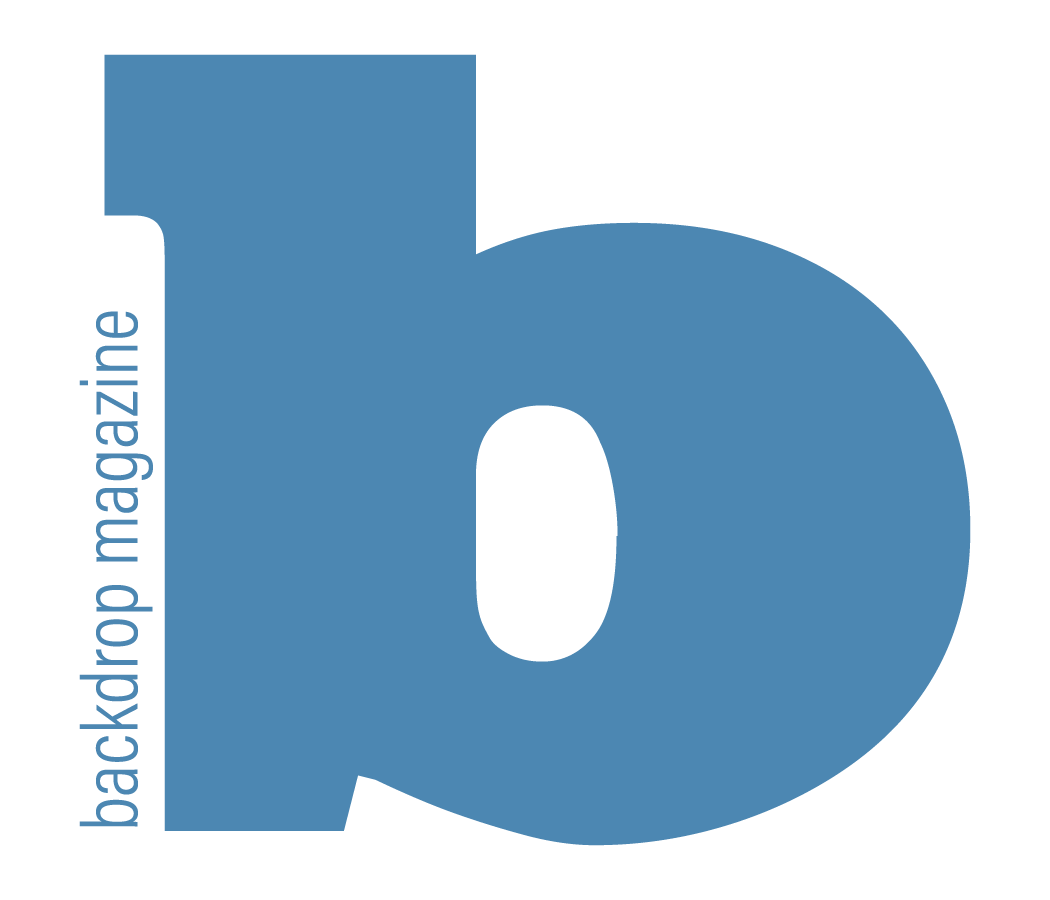A Cup of Fair Trade
Grace Dearing
Coffee shops are one of pop culture’s favorite props. Cups of coffee are repetitively advertised with a bright, smiling face behind it. For Chris and Angie Pyle, owners of Donkey Coffee and Espresso, opening their coffee shop was more about building a community and less about the business itself.
“We wanted [Donkey] to be a home away from home,” Angie says. “We wanted to create a space where all different ages and ethnic backgrounds and political views and socioeconomic backgrounds can come and mingle with each other and not have to spend a lot of money or have to drink alcohol.”
Donkey is much more than just another coffee shop. Not only are Chris and Angie dedicated to showcasing local music and art within their shop, but 98 percent of all coffee they sell is fair trade.
Donkey Coffee consistently uses Dean’s Beans as their preferred brand of fairly traded coffee. Proudly Fair Trade Federation certified, Dean’s Beans purchases its products directly from the coffee farmers, not through middlemen. This trade business helps to fund People-Centered Development which works to provide clean water, healthcare and income.
“We wanted something that we could realize, ‘Well this is really life-giving to people halfway across the world,’” Chris says.
Since Donkey’s opening 15 years ago, the Pyles have developed a strong relationship with Dean
Cycon, owner of Dean’s Beans. Chris and Angie are very passionate about the fair trade business and the integrity of companies advertising as fair trade.
“[Dean] told us that several years ago, Starbucks and Green Mountain Coffee actually purchased the fair trade certification label,” Angie says. “They purchased it as private businesses so that they could use the label, but only 1% of their coffee is really fairly traded.”
The Pyles are so passionate about fair trade that they have personally confronted issues surrounding local fair trade integrity. Donkey has to compete not only with popular brand-name coffee companies, but also local businesses that falsely advertise fair trade.
“I actually confronted the the owner [of a competing business] really nicely and gently,” Chris says.. “I just wanted to have a meeting with him and say, ‘This is a really important thing for our community and if you’re [going to] sell fair trade, it should be fair trade.’”
Although Chris and Angie face challenges at times, their dedication to providing a secure space for the community keeps them motivated to make sure Donkey remains successful.
Angie remembers when they first opened in 2002, right as students were leaving campus for spring break, and how both she and Chris were worried they wouldn’t make any money that year.
“It was a humongous risk,” she says. “But then we realized we had to take the risk because if we didn’t we would have wondered our whole lives, ‘What if we did?’”
